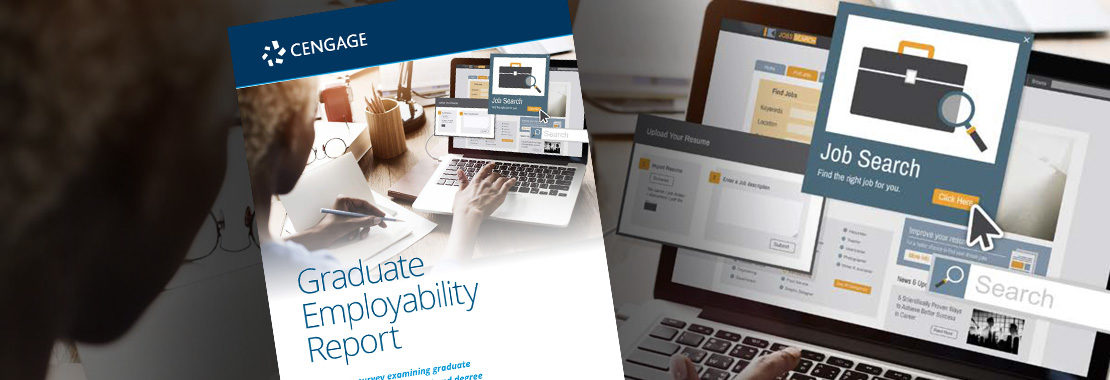Every year, we ask millions of students to make major investments in higher education without the guarantee that they will successfully join the workforce and find meaningful employment. Despite this investment, almost half of higher ed graduates won’t apply to entry-level jobs because they don’t feel they have the right skills. How can we boost their employability at the college level?
To understand how we can better equip students with the business skills they need to be successful in their career, we conducted a survey of 1,600 recent college graduates from 2-year and 4-year institutions who are currently employed.
We found that colleges are teaching students valuable subject matter skills that matter in their profession, but they must improve on teaching business and job-related skills needed throughout their career. There is an opportunity for higher education to evolve and integrate career preparation, certification(s) and internships into course curricula.
But change must also happen on the employer side. Results indicate that employers must reassess how they define employability, rethink archaic hiring standards and prioritize skills, not just degrees. Businesses continue to penalize applicants who follow untraditional education paths and are eliminating meaningful career opportunities for millions of Americans.
Key report findings:
- Half of graduates (50 percent) didn’t apply to entry-level jobs because they felt underqualified
- One in five (21 percent) say their college didn’t provide them with needed job skills; nearly two in five (38 percent) occasionally or rarely use the skills they learned
- 29 percent of all graduates spent more than six months trying to find a job after graduation
- Nearly half of graduates don’t believe their education was worth what they paid, and one in three don’t believe their education helped them land their job


